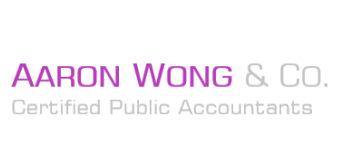Many of riches preserve their hard earn money in various ways. Of these, they purchase properties with a view to receiving rental returns steadily. The Hong Kong Government introduced Buyer’s Stamp Duty (“BSD”) in 2012 whereby the purchaser or the transferee of a residential property (unless he/she is a natural person who is a Hong Kong Permanent Resident) will be subject to 15% stamp duty on the higher of the stated consideration and the market value of the property. A corporate body, regardless of the residency status of the shareholders or directors, buying residential properties in Hong Kong after 27 October 2012 will be liable to BSD. Therefore, people are finding ways to mitigate the impact on such tax, such as severing the joint tenancy and deed of gift, etc. to enable the spouse to purchase one more residential flat (for rental or other purposes) free of BSD. Whilst it is true that the tax savings is attractive when property is purchased by a Hong Kong Permanent Resident, I would still recommend using a corporate to buy properties regardless of BSD.
Firstly, BSD is charged on the transfer of property and not on the transfer of company’s shares. The ultimate ownership of the property can still be transferred away by restructuring the company and the owner could take all the profits in transferring out the property without paying any tax in absence of Profits Tax and Capital Gains Tax in Hong Kong. Besides, stamp duty on transfer of company’s share is substantively lower and can be mitigated easily.
Secondly, individuals renting out his/her property would be liable to Property Tax of 15% on net assessable value where only irrecoverable rents and rates paid are deductible and unless it is advantageous to elect for Personal Assessment, no interest cost can be deducted. In contrast, a corporate can have deductions of:
- building management fees which can be some 10% of total rentals,
- 3% Government Rents on yearly rentals,
- all interest costs on borrowings,
- commercial building allowance,
- depreciation allowance on furniture purchased, etc.
Therefore, it is hard for a corporate to incur any chargeable profits if it holds a residential property for letting only. It usually incurs a loss for tax purposes and such tax loss could be carried forward to offset any future profits. Moreover, during recent years, government announced tax rebates for taxpayers, except in Property Tax.
Last but not least, riches could retain confidentially as being the ultimate beneficial owner. Of course, the new Companies Ordinance now requires at least one natural person to be appointed as director of Hong Kong company but nothing does the appointment indicate that the director is the ultimate owner of the company.
